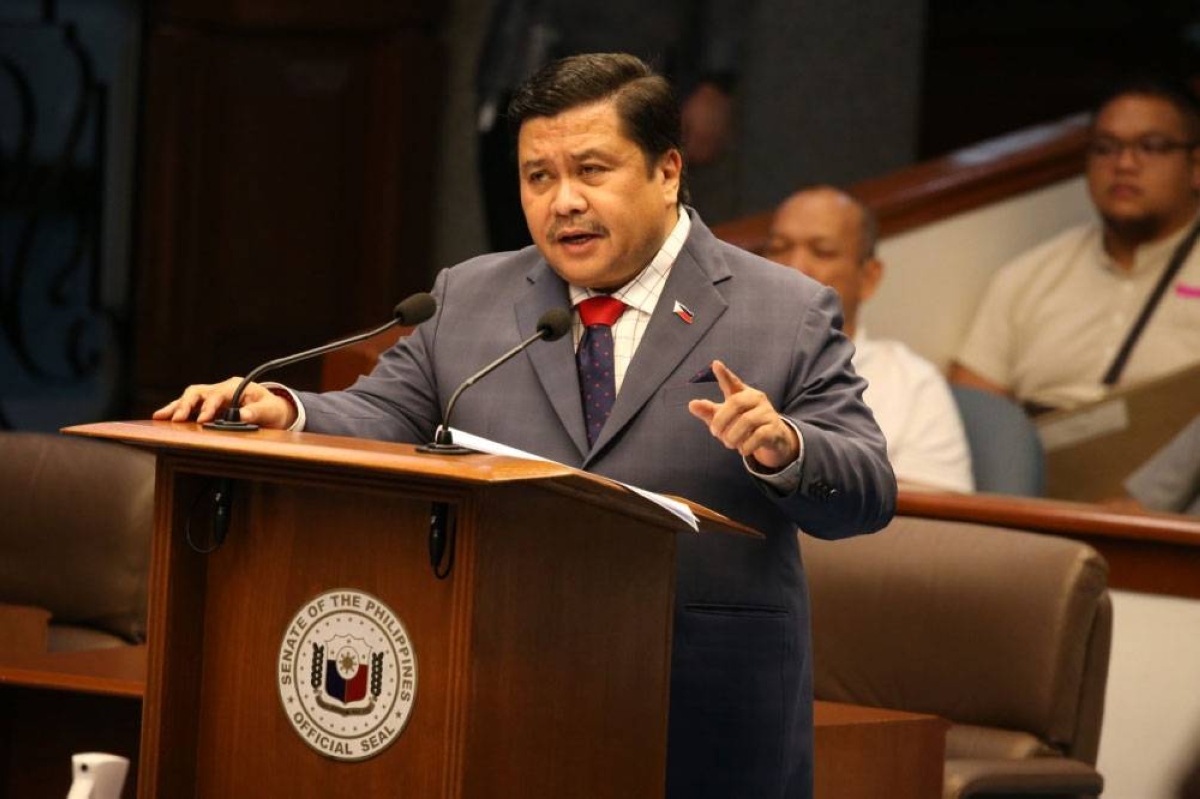SEN. Jose “Jinggoy” Estrada has recently introduced a bill that aims to revolutionize the legislative process by allowing the public to actively participate through online platforms. The proposed “Crowdsourcing in Legislative Policymaking Act,” also known as Senate Bill (SB) 2344, seeks to harness the power of crowdsourcing to enhance public engagement and collaboration in shaping laws.
Under this bill, individuals and groups will have the opportunity to contribute their insights and opinions at every stage of the legislative process, from the First Reading to the Third Reading. Through social media or the online portals of the Senate and the Presidential Legislative Liaison Office (PLLO), the public can post their comments and suggestions to the committee responsible for deliberating on a particular bill.
Once a bill is filed in the Senate or after the First Reading stage, the public will have 15 working days to submit their comments, which will be taken into consideration during the committee deliberations. As the bill progresses to the Second Reading, the public will be given three working days to provide additional input. The same timeframe will be allotted during the Third Reading for the public to share their thoughts.
To facilitate this process, the PLLO website will serve as the online platform where the public can initiate campaigns or petitions to review, amend, or repeal existing laws, or propose new bills. The results of these campaigns can then be transmitted to any member of both houses of Congress for appropriate action. Additionally, the PLLO will provide a crowdsourcing feedback report to inform the proponents of the actions taken based on the public’s input.
The COVID-19 pandemic has demonstrated the power of virtual communication and remote participation. With resource persons participating in Senate committee hearings virtually, it has become evident that the legislative process can adapt to the digital age. By embracing online platforms and crowdsourcing, Sen. Estrada believes that the bill will not only broaden the reach of Congress but also ensure that the inputs, suggestions, recommendations, and objections of the people are considered when shaping legislative proposals.
This innovative approach to policymaking will provide channels for lawmakers to prioritize pressing issues and address the problems that require immediate attention. It will also enable them to solicit ideas and solutions from the public, fostering a sense of collaboration and collective problem-solving. Furthermore, the bill aims to establish a feedback mechanism to gather insights on the effectiveness of implemented solutions and policies.
By incorporating crowdsourcing into the legislative process, the bill seeks to bridge the gap between lawmakers and the public, fostering a more inclusive and transparent democracy. It recognizes the value of diverse perspectives and empowers citizens to actively contribute to the laws that govern them. Through this participatory approach, the bill aims to strengthen the relationship between the government and the people, ensuring that legislative decisions are informed by the collective wisdom of the nation.
In conclusion, Sen. Jose “Jinggoy” Estrada’s proposed bill, the “Crowdsourcing in Legislative Policymaking Act,” presents an exciting opportunity to transform the legislative process in the Philippines. By leveraging online platforms and the power of crowdsourcing, the bill aims to enhance public participation, promote transparency, and ultimately create more effective and inclusive laws. Through this innovative approach, the voices of the people will be heard, and their insights will shape the policies that impact their lives.







